A new survey has revealed a perfect storm of eczema triggers among Irish children.
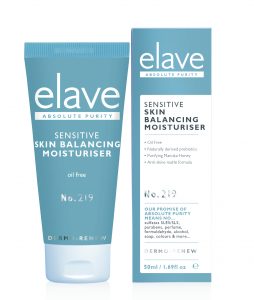 The poll, by Irish skincare company, Elave, has revealed the stresses experienced by parents of children suffering from eczema during the winter months. One in five children in Ireland suffer from this dry, itchy skin condition, which becomes worse over the winter due to a combination of central heating and cold weather. Furthermore, over half of parents (66 per cent) said that soap and fragrances were the most
The poll, by Irish skincare company, Elave, has revealed the stresses experienced by parents of children suffering from eczema during the winter months. One in five children in Ireland suffer from this dry, itchy skin condition, which becomes worse over the winter due to a combination of central heating and cold weather. Furthermore, over half of parents (66 per cent) said that soap and fragrances were the most
frequent triggers of flare-ups and caused the most serious reactions, with nearly nine out of 10 stating they used sulfate-free soap and apothecary solutions. Respondents confirmed that other frequent triggers, particularly over the winter months when sufferers move from warm houses to the cold outdoors, are scratchy wool and synthetic fabrics, tight clothing and dust. However, four out of 10 parents were unaware that cold air and polyester clothes can trigger reactions.
Skincare expert, Joanna Gardiner, CEO of Gardiner Family Apothecary, makers of Elave, said that cases of eczema had doubled in Irish children over the last 20 years, due mainly to environmental pollution.
“Central heating, which is the norm in modern Irish homes, keeps us warm in winter – but it also dehydrates the skin and triggers outbreaks of itchiness and rashes,” she explained. “Then, when you go out into the cold and wind, you have the perfect storm of adverse conditions. “Other irritants like polyester, wool, tight clothing and diet also play a role in triggering flareups, while soap and fragrances are huge irritants and should be avoided at all times by using free-from body washes, shampoos and creams. Our pure formulations never, ever use nasty
irritants like soap, scent, sulfates, parabens, MIs, dyes and formaldehyde.” Elave advised that to avoid winter flare-ups, don’t overheat your home, be aware of moulds, which can trigger flare-ups, release spores in warm, steamy bathrooms and kitchens, and wear soft, breathable fabrics against the skin. In winter, hands are especially vulnerable. Protect by wearing cotton gloves inside your outdoor gloves.








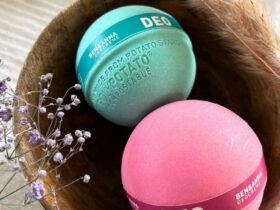

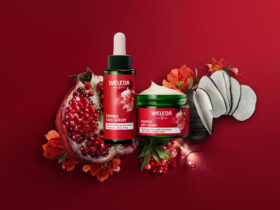
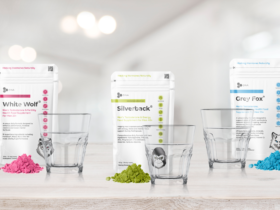

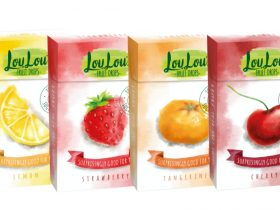
About Naturally Good Health
Naturally Good Health is Ireland's leading free natural health magazine. Pick it up from your local independent health store or read free online.